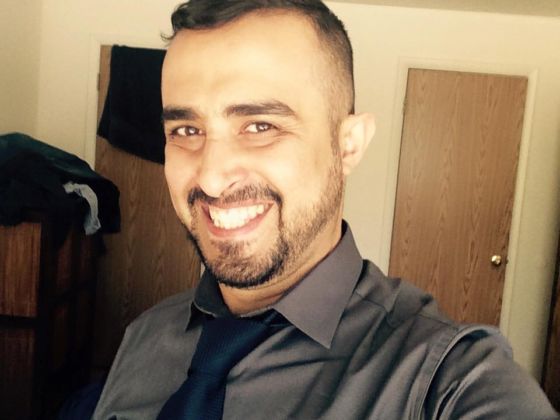WHILE WALKING home from the University of Mosul, Omar Salih was kidnapped by Shia militia. He spent the next three days in a dark room with no food or water, and the sounds of people being killed in the next room over. Omar thought he was next in line.
And then a US special forces coalition staged a military offensive in the area where Omar was being held. After hours of gunshots, Omar’s door was opened. The light blinded him. And then he noticed that the people who opened his door were wearing US military uniforms. His thoughts went from the likelihood of death to the certainty of hope and security.
